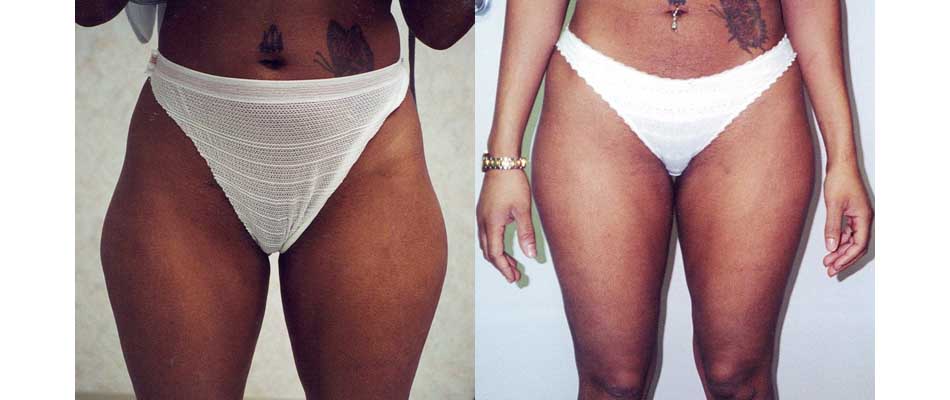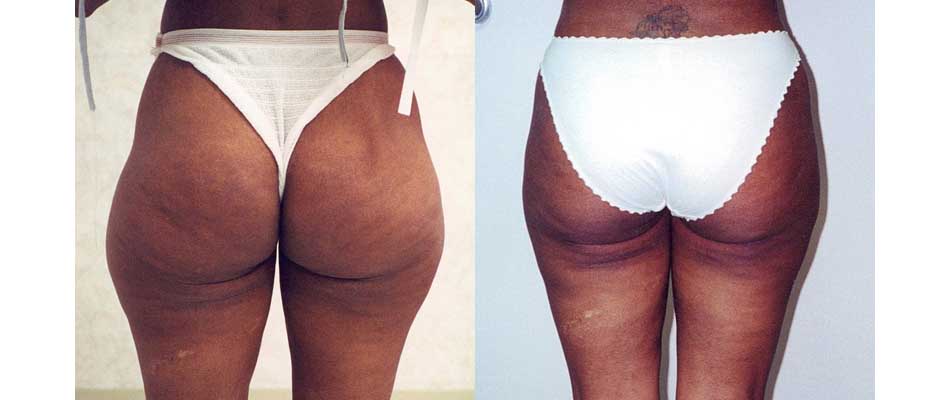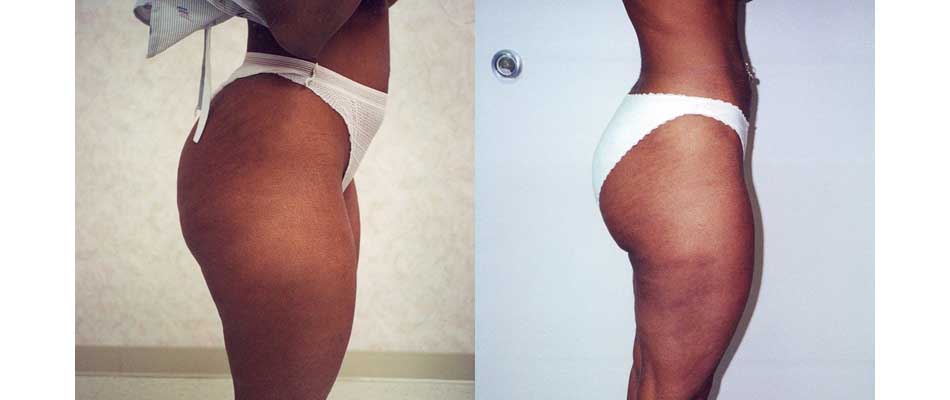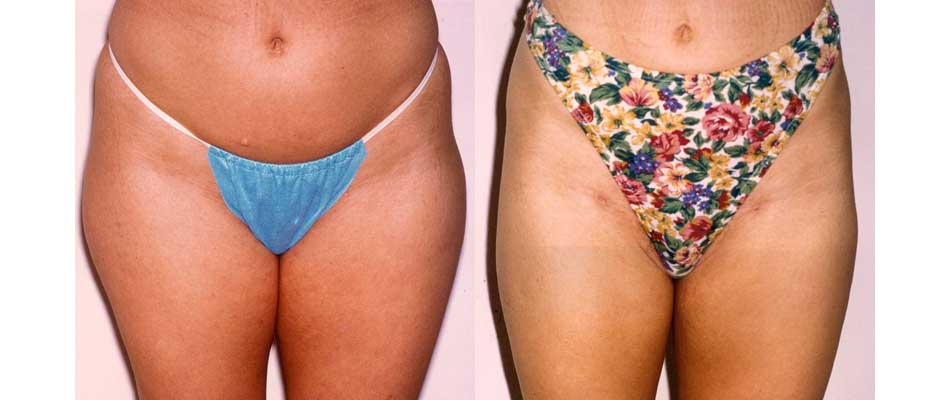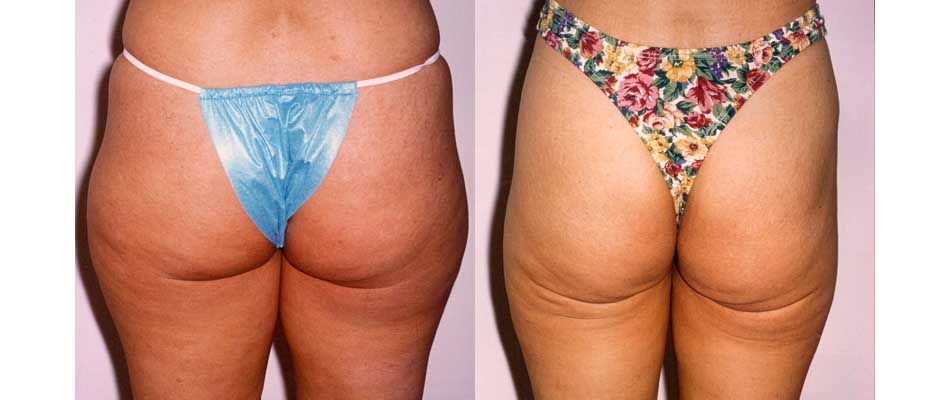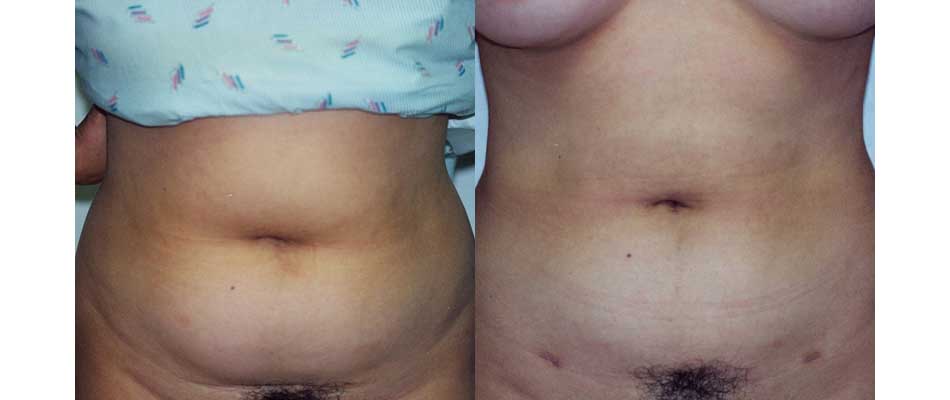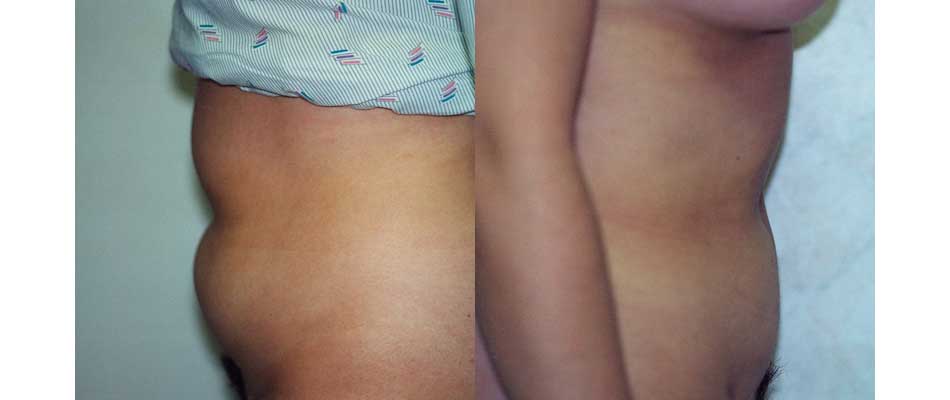Liposuction
What is Liposuction?
Liposuction is a surgical procedure that uses suction to remove fat and contour different areas of the body. Liposuction is also known as lipoplasty, body contouring, or just lipo.
Although liposuction slims and shapes your body, it is not a weight-loss method. It removes excess fat from areas that have not responded to diet and exercise. It’s most successful for those with a stable body weight who have too much fat in targeted spots.
It may also be used in breast reduction surgery or as a treatment for gynecomastia (enlarged breast tissue in men).
Liposuction can:
- Remove the number of fat cells in the target area
- Contour the target area
- Make clothing fit better
- Boost self-confidence
Liposuction can be performed in many areas of the body, including:
- Abdomen
- Ankles
- Arms
- Buttocks
- Cheeks
- Chin
- Hips
- Knees
- Neck
- Thighs
- Upper arms
- Waist
Who Is a Good Candidate for Liposuction?
Like all cosmetic surgery, liposuction is a very personal procedure. Before you consider liposuction, it’s important to be aware of the risks and benefits and your reasons for wanting surgery. You’ll be happiest with your decision if you make it for yourself and not to please anyone else.
The best candidate for liposuction is someone who is:
- An adult near or at their ideal body weight
A positive outlook and realistic goals - Bothered by excess fat that doesn’t respond to diet or exercise
- Free of medical conditions that impair healing
- A Non-smoker
It is also helpful to have good muscle tone and firm skin to get the best results.
Preparing for Liposuction
Your doctor will review your medical history at your consultation, including:
- Medical conditions,
- Drug allergies,
- Medications
- Supplement
- Alcohol, drug, and tobacco use
He’ll discuss your expectations and the risks and benefits of surgery. You’ll also have a physical exam.
Before surgery, you may need to:
- Get lab tests
- Stop taking or adjust certain medications
The Liposuction Procedure
The procedure may be done in the office for a small amount of fat removal. If you’re having a more significant amount of fat removed or multiple procedures at the same time, your liposuction will take place in a hospital.
You will need someone to drive you home and stay with you the first night following your procedure.
- Your surgeon will mark the areas of your body to be treated and may take pictures.
- You may have general or local anesthesia, depending on the location and extent of your surgery.
- Your surgeon will make small incisions in the area to treat. Anesthesia will be infused into the area to reduce bleeding.
- A thin tube will be inserted to loosen the fat, which is then suctioned out.
- During the procedure, which may last several hours, you’ll be carefully monitored.
- After the procedure, you’ll be taken to a recovery room. Depending on your procedure, you may rest for a few hours or stay the night.
- When you are cleared to go home, your surgeon will talk to you about post-operative instructions and care.
You’ll notice the results of your reduction at once but may have some temporary irregularities in shape.
Recovery
You will experience some swelling, bruising, and pain after the procedure. You will typically wear compression garments for a few weeks to reduce swelling.
During your recovery period, it’s essential to carefully follow your doctor’s instructions on caring for your incisions. You may have temporary drains in place to allow excess fluid to drain.
You’ll need to rest for a few days and take it easy until your doctor tells you it’s safe to return to your normal activities.
How Much Does Liposuction Cost?
The cost of liposuction varies from case to case. Your cost will depend on your surgeon’s experience, the procedure type, and your location.
Other liposuction costs may include:
- Anesthesia fee
- Compression garments for after surgery
- Hospital costs
- Medical tests
- Prescriptions
- Surgeon’s fee
Many insurance plans do not cover liposuction surgery or any related complications.
Risks and Complications
Like any surgery, liposuction has some risks. Your surgeon will explain the procedure and risks in more detail at your consultation.
Possible risks include:
- Bleeding
- Blood clots
- Bruising
- Fat embolism
- Fluid buildup
- Heart or kidney problems
- Infection
- Injury to nerves, muscles, blood vessels, or organs
- Internal puncture
- Irregular pigmentation
- Lidocaine toxicity
- Loose skin or rippling
- Numbness
- Shape or contour irregularities
- Swelling
The risk increases if your surgeon is doing more than one procedure during the same operation or is working on large surfaces of your body.

